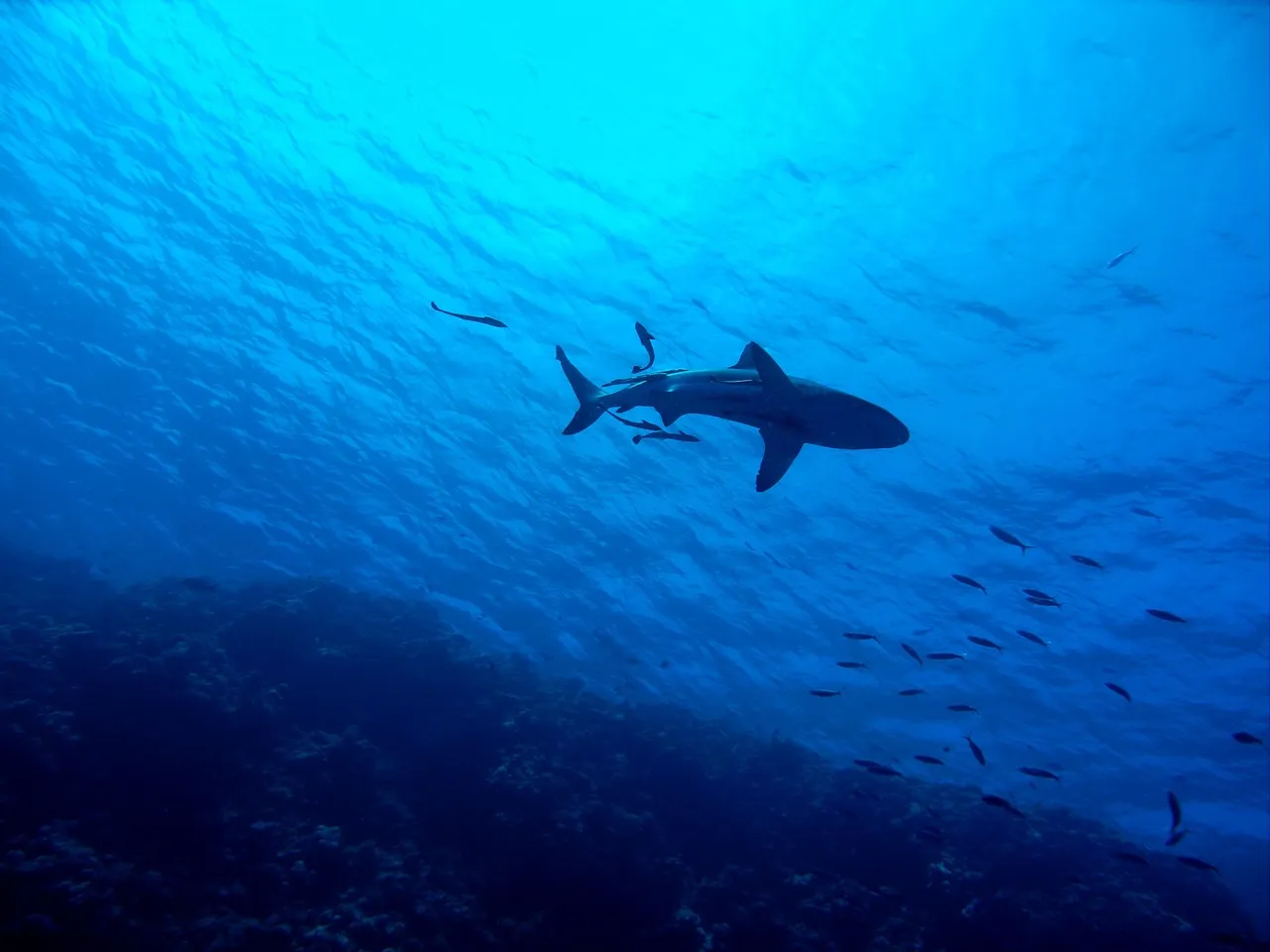
The United Kingdom has finally banned the import and export of detached shark fins and shark fin products. This adds to the UK's "blue belt" efforts to protect and enhance ocean ecosystems that are overseen by their government.
Shark finning has been on the environmental radar for some time now. Sharks are overfished and most often they are caught, have their fin cut off and collected, then the shark is thrown back in to the ocean to die. A near complete waste of an animal and a natural resource. An insult to the species and the humanity, who rely on the ocean to survive.
These and many other threatened species are intrigual to the marine ecosystem. The practice of shark finning has already been banned in UK waters.
143 out of 512 described and 23 undescribed species of shark "are listed as ‘under threat’ under the International Union for Conservation of Nature – with different species ranging from ‘vulnerable’ to ‘critically endangered’."
"The UK is a global leader in marine protection, with our ‘blue belt’ programme protecting an area of ocean around British Overseas Territories the size of India, as well as plans to pilot Highly Protected Marine Areas in our domestic waters. The UK is also leading a global campaign, supported by over 80 countries, for at least 30% of the world’s land and ocean to be protected by 2030."
Read the article from Gov UK : https://www.gov.uk/government/news/government-to-introduce-world-leading-ban-on-shark-fin-trade
Read "How Our Shark Finning Ban Helps Us Sustainably Manage Shark Fisheries" from the NOAA : https://www.fisheries.noaa.gov/feature-story/how-our-shark-finning-ban-helps-us-sustainably-manage-shark-fisheries
See a list of "International Shark Finning Bans and Policies" :
https://awionline.org/content/international-shark-finning-bans-and-policies
Goals of Port Sundries
- Educate the public about marine conservation and how marine conservation is important to all other ecosystems on Earth and all of humanity.
- Provide basic sailing resources and teach how the hobby and lifestyle can adapt to assist marine conservation.
- Share ecofriendly and sustainable methods of coastal and island travel and tourism.
- Share the joy of life at sea, love of ocean adventure, a fondness for culture, and the enjoyment of nautical history.
If you would like to help us with these goals, please follow and consider upvoting this and our other posts. We are always thankful for those you upvote, follow, or repost.
Help defend the oceans. Support sustainable fishing and aquaculture/agriculture practices. Don't pollute your local waterways. Donate to your local marine conservation charity.
🐬🐬🐬Donate to the Dolphin Project 🐬🐬🐬https://www.dolphinproject.com/donate/
Dolphin Project is a non-profit charitable organization, dedicated to the welfare and protection of dolphins worldwide. Founded by Richard (Ric) O’Barry on Earth Day, April 22, 1970, the organization aims to educate the public about captivity and, where feasible, retire and/or release captive dolphins.
The mission of Dolphin Project is to end dolphin exploitation and slaughter, as dolphins are routinely captured, harassed, slaughtered and sold into captivity around the world – all in the name of profit. Dolphin Project works not only to halt these slaughters, but also to rehabilitate captive dolphins for retirement and/or release, investigate and advocate for economic alternatives to dolphin slaughter, and to put a permanent end to dolphin captivity.
Port Sundries is not affiliated with Dolphin Project but supports their goal 100%.
Follow us @portsundries for more Marine Conservation, Sea Life, and Sailing News.
Image courtesy of Pixabay
